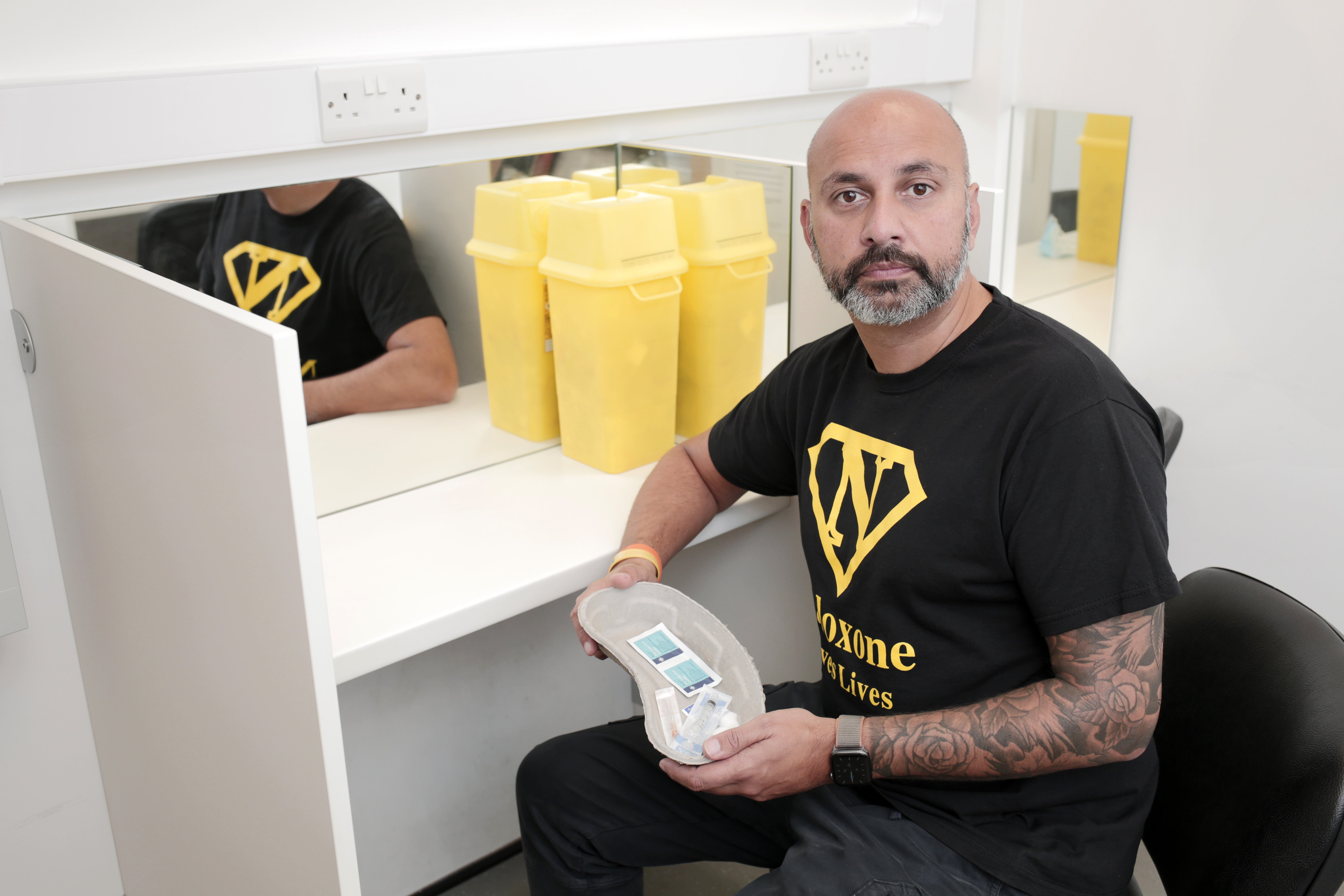Drug death town’s free heroin scheme to end
Supporters of the treatment programme in Middlesbrough say it worked by reducing crime and helped addicts live better

Your support helps us to tell the story
From reproductive rights to climate change to Big Tech, The Independent is on the ground when the story is developing. Whether it's investigating the financials of Elon Musk's pro-Trump PAC or producing our latest documentary, 'The A Word', which shines a light on the American women fighting for reproductive rights, we know how important it is to parse out the facts from the messaging.
At such a critical moment in US history, we need reporters on the ground. Your donation allows us to keep sending journalists to speak to both sides of the story.
The Independent is trusted by Americans across the entire political spectrum. And unlike many other quality news outlets, we choose not to lock Americans out of our reporting and analysis with paywalls. We believe quality journalism should be available to everyone, paid for by those who can afford it.
Your support makes all the difference.A scheme to give free medical grade heroin to addicts in the town with the worst drugs death rates in the UK is ending due to a lack of funding.
Middlesbrough’s Diamorphine Assisted Treatment (DAT) programme was set up to give the town’s 15 worst addicts regular access to the class A drug, helping them to live less chaotically, and to reduce crime.
It was set up in October 2019 and was mainly funded by the Cleveland Police and Crime Commissioner’s office.
But since March this year, it has run under reduced funding from the Government’s Operation Adder, set up to reduce fatal drug overdoses.
And the scheme, currently treating 10 “entrenched users”, has now been told there is no additional funds for it to continue, much to the organiser’s disappointment.
DAT clinical lead Danny Ahmed said: “Independent evaluation of the Middlesbrough DAT programme has shown conclusively that it has met the aims it was set up to achieve.
“The decision to cease funding is extremely disappointing news and our priority is for the patients currently receiving treatment.
“The debate that perhaps needs to now take place is how joint commissioning can best be implemented to ensure long term funding of such treatment across the country.”
Supporters insisted DAT schemes around the world have worked by reducing participants’ use of street heroin compared to those on methadone programmes.
Those on a DAT scheme have better physical and mental health and are less likely to steal to feed their habit, reducing the impact on their community.
Backers of the scheme said the DAT project had proven that the savings to the public purse far outweigh the financial costs.
When it was launched under the previous PCC, Labour’s Barry Coppinger, it was said the cost was around £250,000 per year, including health professionals’ input.
His successor as PCC, Steve Turner, refused to back the project with money recovered from proceeds of crime.
It was understood the project was victim to a disagreement over who should fund it – either the health or the criminal justice budget, with backers calling for joint commissioning to be arranged.
The addicts, who were offered to two doses daily – administered in a clean, clinical setting at the Fountains Medical Practice – will now be returned to the regular methadone programme administered by the NHS.